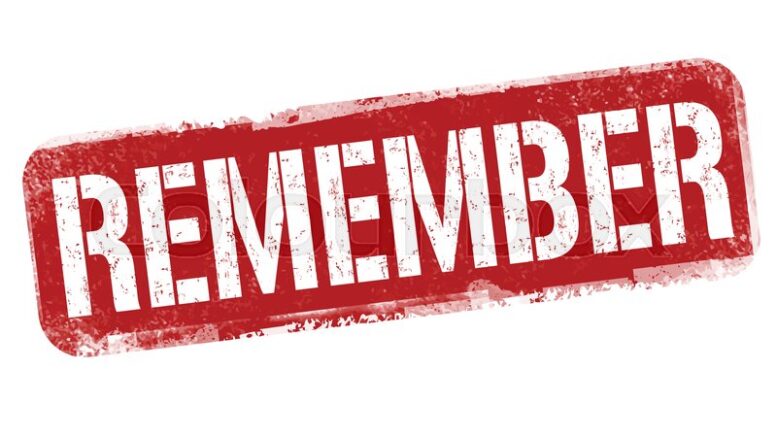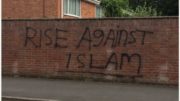One of the things that pisses me off about the knee jerk way that our political classes, from nearly all Westminster parties, scream racist or far right or xenophobe or whatever at ordinary Britons is that such accusations are a malodorous and damnable lie. The British might not be immediately friendly but the sense of fair play and a culture of not shitting on people for no good reason has been strong in our past. That’s not to say that racialists do not exist, of course they do and not just in our own time but in our past, but Britain has been a whole lot better than some places at doing basic things like judging someone by the content of their character rather than for any other reason.
It was Britons, ordinary working class and not so working class Britons who stood up to the racial segregation policies that were in place in the US Military during World War II. There were lots of such instances apparently where ordinary Britons refused to go along with policies of segregation that the US Military wanted to impose on pubs and other places where service personnel were likely to gather.
Probably the most serious outbreak of violence was what became known as the Battle of Bamber Bridge in Lancashire where Black US service men violently rebelled against their own military police when the US MP’s tried to turn an English pub into a segregated place. Locals, some of whom were serving in the British armed forces stood up to US MP’s who manhandled and insulted, using gross racial insults, Black US servicemen. The situation escalated, the Black servicemen told the British civvies and service personnel to take cover and a firefight between US MP’s and members of an all Black army unit took place.
It could be argued that this should never have escalated to a full on blue on blue firefight but the key point in this story for me is this: When the chips were down at the beginning of this incident the British people recognised one key fact and that was these Black servicemen were equal to any other man in uniform who is serving and might eventually die in the fight against Hitler. They stood up for these service personnel because they could see that fighting the Nazis was a cause of freedom and that this freedom was for every decent person and not just for those of one particular race.
More about the Battle of Bamber Bridge via the links below:
https://apnews.com/article/world-war-ii-black-troops-bamber-bridge-5ab0daff5ce9c316aa200cacc853d743
https://www.historic-uk.com/HistoryUK/HistoryofBritain/Battle-Of-Bamber-Bridge/






Thanks for that – l’ve heard of similar examples but first time I’ve seen reference to the battle of Bamber Bridge. Makes me feel quite proud.
Yeah made me proud of my nation as well.
This gives me an opportunity to tell a story from my childhood in an area of London dominated by Docks. I will eventually put it up as an ATL article but it’s appropriate to tell it here first. I must have been about 7 or 8 at the time and there was a knock at the front door. I opened the door, kids did in them days, to find a tall, smartly dressed Sikh gentleman selling Indian silk ties door to door. My mum went to the door and bought a tie off of him. Later my mum told me that it was unlucky not to buy from a ‘black man’ at the door. This incident stayed in my mind for years and I often wondered where this very local superstition came from. As much as I can piece together is this: This Sikh man and those like him must have been a sailor from one of the many ships in the Docks. Sadly at the time and prior to this it was the case that Indians and Africans worked on the ships doing some of the crappiest and demanding jobs such as stoking the boilers on coal fired ships. This earned these Indian and African sailors a high degree of respect by local people who were, although mostly White, also having to do demanding and sometimes crappy and dangerous jobs, such as tending to the Naptha plant in the local Gasworks with few of the health and safety procedures that exist today or being sailors themselves or working in jobs associated with the Merchant Navy.
It’s more than likely in my view that the White majority working class in my immediate area recognised that these Indians and Africans were decent people doing shit jobs just as they were. This sense that it was unlucky to turn away a man who was just like them and was treated just as bad as they were treated was I believe what created this local superstition. It was similar and might have been influenced by for all I know the Jewish idea of helping random strangers because you never know if they are an angel in disguse or not.
Things in this area were not all wine and roses with regards racial conflict though, mixed race couples in areas outside of my own childhood one and a few miles away tended to gravitate towards what were known as a ‘Checkerboard Alley’ because of racialism from some locals in that particular area. However the local superstition in my immediate area showed that when it came to racialism things were much more nuanced than binary. I sometimes wondered what happened to that smartly dressed and polite Sikh gentleman who turned up to our door that night and I hope and pray that he and his family eventually had a decent life and some happiness.
Good anecdote which harks back to a better time in many ways. I do wonder if it is easier for communities to be generous in this when they are homogeneous and have a shared culture, do you think the sikh gentleman would still be treated the same way today?
Haven’t encountered that many Sikhs but my experience of those l have met is universally positive – would feel honoured to have them as friends or neighbours. Same goes for Gurkhas and a few other groups, such a shame that l can’t say the same for every ethnicity.
I think that a shared religiously inspired moral culture played a big part in stuff like this. People might not have been ‘religious’ as in church or chapel going but basic values such as not being an arse to those who don’t deserve it was rooted in culture. Sadly I don’t think the Sikh gentleman would be treated in a similar way today, not because of his race or religion, but because society has become people have become frightened to open their doors.